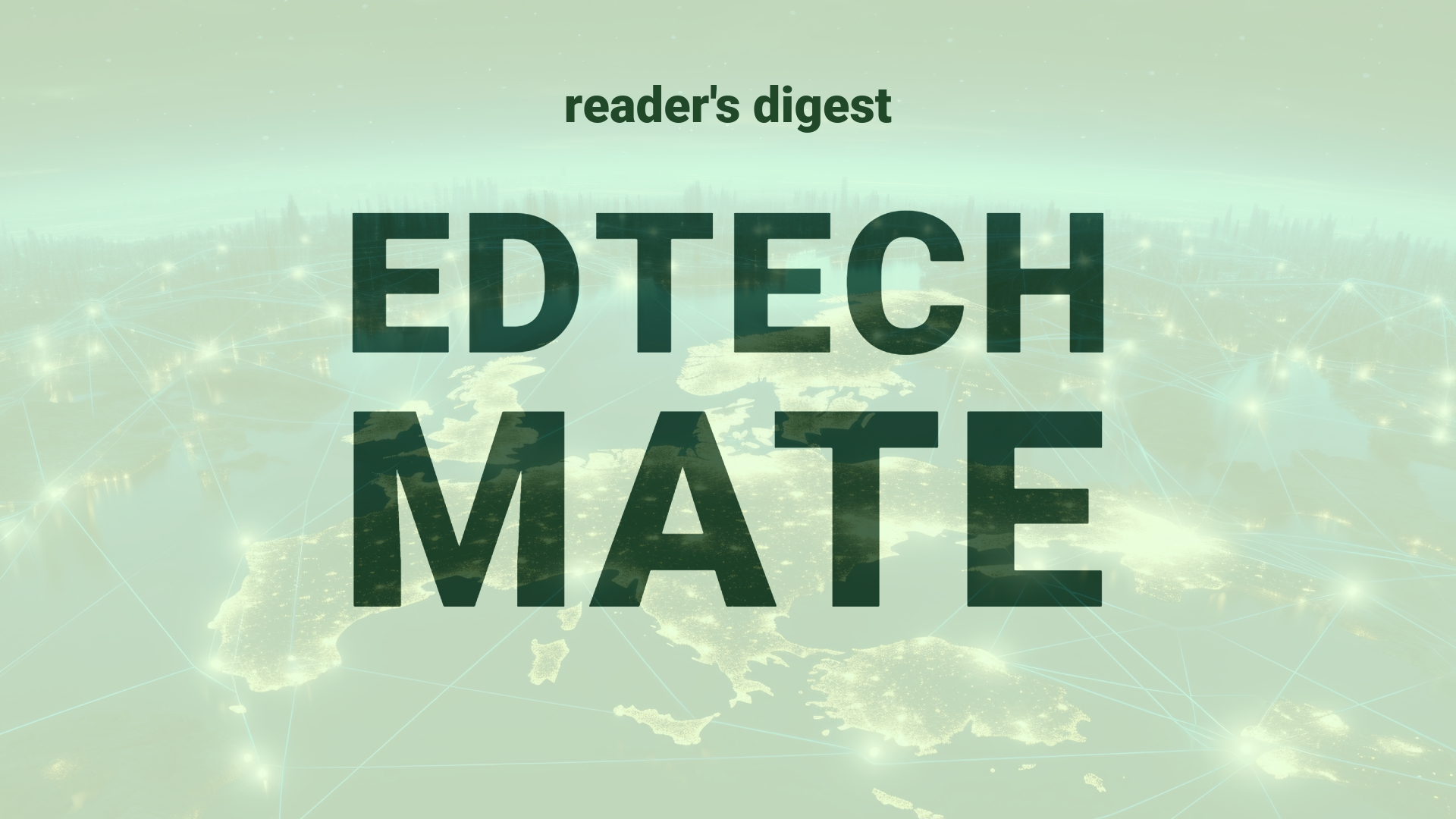Executive Summary and Main Points
Recent advancements in Artificial Intelligence by Anthropic highlight the launch of its AI model, Claude 3.5 Sonnet, signifying a substantial leap in AI capabilities over its predecessor, Claude 3 Opus. Achieving significant milestones, such as a 64% success rate in tasks like bug fixing and functionality additions within open source codebases, the model touts improvements in various evaluations including graduate-level reasoning (GPQA), undergraduate-level knowledge (MMLU), and coding proficiency (HumanEval). Furthermore, Claude 3.5 Sonnet has augmented abilities in code manipulation and visual reasoning, asserting industry primacy in AI intelligence while maintaining cost-effectiveness. Anthropic emphasizes its commitment to responsible AI innovation by offering Claude 3.5 Sonnet freely via various platforms, with the intent to release more advanced models like Claude 3.5 Haiku and Claude 3.5 Opus later in the year.
Potential Impact in the Education Sector
The capabilities of Claude 3.5 Sonnet may have transformative impacts on Further Education, Higher Education, and Micro-credentials. For Further Education and Higher Education institutions, the advanced reasoning and content generation potential of Claude 3.5 could enhance research, academic collaboration, and personalized learning experiences. When considering Micro-credentials, the model’s efficiency in coding and understanding could streamline the development of new educational platforms and digital credentials issuance, fostering innovative partnerships between AI technology providers like Anthropic and educational enterprises. The combination of increased capacity for complex tasks with cost-effective deployment positions AI tools as powerful aids in the digitalization and strategic evolution of educational infrastructures.
Potential Applicability in the Education Sector
Claude 3.5 Sonnet’s proficiency implies innovative applications across global education systems. With its coding proficiency and visual reasoning enhancements, it can serve as a sophisticated tool for updating educational software, facilitating the migration of legacy teaching materials, and interpreting academic data. Its collaborative environment feature, termed ‘Artefacts’, could revolutionize virtual classrooms by providing a real-time dynamic workspace for students and educators. As AI technology becomes more integrated into educational settings, the potential for personalized learning experiences that adapt to individual student needs could revolutionize the pedagogical landscape and educational outcomes.
Criticism and Potential Shortfalls
Despite its advancements, Claude 3.5 Sonnet may face criticisms related to ethical concerns, cultural appropriateness, and inclusivity in differing education systems. For instance, reliance on AI for educational content generation could homogenize learning experiences, potentially overlooking the nuanced needs of diverse student populations. Comparatively, international case studies indicate varying levels of acceptance and integration of AI in education, with some systems exhibiting apprehension towards data privacy and algorithmic bias. Ethical concerns also extend to AI’s capacity to replace human educators, demanding careful consideration toward preserving the human aspect of learning and mentorship in education.
Actionable Recommendations
To leverage the capabilities of Claude 3.5 Sonnet effectively, educational leaders should consider practical applications and strategies for responsible integration. Pilot programs focusing on personalized education, efficiency in administrative tasks, and collaborative projects may illuminate the benefits and limitations of such AI tools. Continuous assessment should be conducted to ensure the AI’s output aligns with institutional values and diversity standards. Training for educators on the ethical use of AI and ongoing dialogues with AI providers for responsible development are essential. Strategic insights recommend nurturing partnerships that prioritize transparency, ethical AI practices, and mutual development of AI functionalities to suit varied educational contexts at an international level.
Source article: https://www.computerworld.com/article/2472913/anthropic-claude-3-5-sonnet-is-here-and-its-free.html

